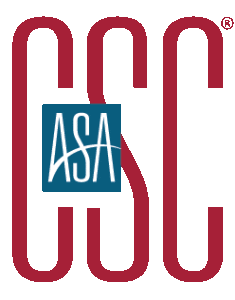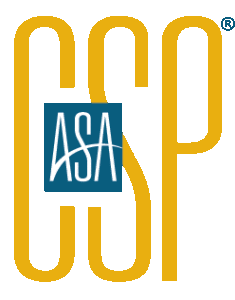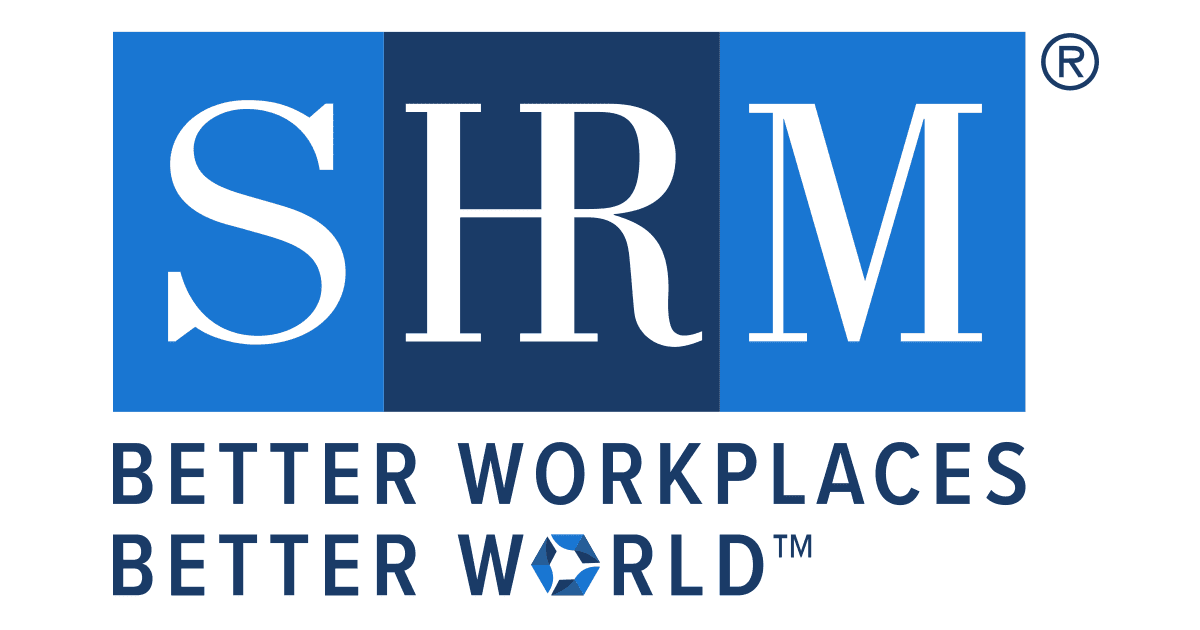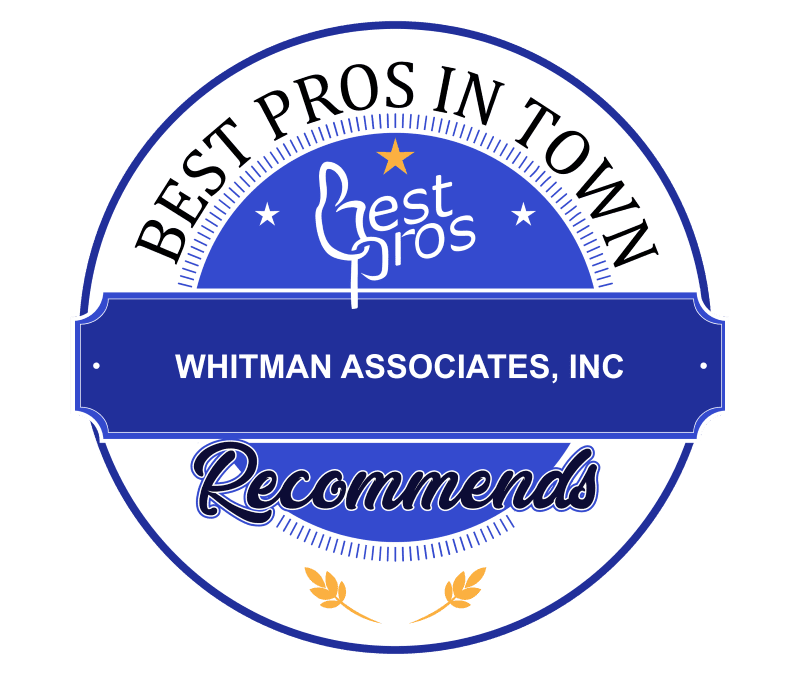
A career coach is designed to help you move your career forward, whether you’re just starting out, or you need a career pick-me-up. While the level of engagement offered by career coaching professionals may vary, there are some basic services that all career coaches offer, such as resume drafting assistance, interview tips, career mapping, and employment assistance. Here are answers to the most common career coaching questions, with a specific focus on career coaches in Washington DC.
Do I actually need a career coach?
The most common question related to career coaching is “Do I actually need a career coach?”
If you are in Washington, DC and are looking for a job, looking for a better job, or simply curious about whether you are on the right track, career coaching will likely help. According to Harvard Business Review, “Career coaches can help you figure out what you want to do, understand what’s preventing you from advancing in your professional goals, and endure the ups and downs of job hunting.”
A career coach can help you:
- Map out your career trajectory
- Design your resume/CV according to employer expectations
- Market your skills
- Apply for the right jobs at the right time
When should I hire a career coach?
Most people in the DC area only consider career coaches if they are unemployed or wholly dissatisfied with the position they are currently in. However, limiting your use of a career coach to times of greater desperation may be unwise. When you’re under pressure to land a new job, career coaching will likely be more difficult and less effective. The adage “it’s easier to find a job when you have a job” is equally applicable to career coaching, especially in the competitive and fast paced DC market.
So consider hiring a coach when you’re not looking in order to get the most out of their advice without the stress of having to immediately implement it. By working with a coach when it’s not an emergency, you will be better able to take advantage of programs and benefits they offer.
However, don’t let this advice stop you from using a coach when you are job hunting. There are several key times in your career that you may need advice as you are looking. For example, new graduates frequently need advice on how to choose the right career. A career counselor can be incredibly beneficial in making this decision.
What specific benefits will a career coach provide?

In the DC area, career coaching is almost a necessity. Jobs go quickly here, and if you aren’t standing out of the crowd, you’re likely to get lost. Here’s some key benefits that career coaches can provide:
- Resume building – A stand out resume is absolutely critical in any location, but it’s especially important in the DC area, where competition is fierce.
- Interview Preparation – Interviews are tough, no matter how experienced you are. A career coach can offer tips and tricks. A great career coach can offer tips tailored to your field and your geographic location, whether that’s Washington, DC, or another region.
- Career Changing Advice – You’re never too old to learn a new field. Career coaches can advise you on every aspect of your considered career change, from outside networking to searching within your own company.
- Career Advancement Advice – You may be perfectly happy in your field, but yearning to climb the corporate ladder. A career counselor can help you figure out when and how to do that.
- Advice on Maintaining a Positive Attitude – Job searching can be tough, especially in a field as competitive as DC. Career coaching can be incredibly valuable in teaching you to maintain a positive attitude.
How do I find a good career coach?
Finding a good career coach can be tough and take time since you want to find a professional that will do more than just give advice. Make sure you look for coaches that understand the Washington, DC market, and look for organizations that represent both employers and potential employees. Those that do are frequently more in touch with what employers really want and can teach you the inside information on what recruiters and employers look for in cover letters, resumes, and interviews. Finally, make sure your career coach is a good personality fit for you. If you don’t get along well with them, they won’t be effective at helping you help yourself.
How much does a career coach cost?

It depends. Career coaches can cost as much as $500 an hour, far more than most people can afford. However, there are less experienced coaches that cost less. Many agencies and businesses, such as Whitman Associates, provide career coaching benefits at no cost. If you are just starting out in your career, or you are not looking for a position requiring extensive experience or education, programs such as those offered by Whitman Associates are likely just what you need.
Tell me more about Whitman Associates’ career coaching options!
Whitman Associates has an amazing team of associates committed to ensuring that our clients and our candidates get the best care.
Beyond the essential resume writing assistance and interview tips, we focus on the importance of developing critical skills, including communication and strategic thinking based on industry requirements as well as your professional goals. Moreover, we offer helpful advice on how to adjust your job search and resume to better fit certain fields and employers. Because we know the DC job market better than anyone, we offer insight that other career coaching organizations just can’t provide.
Whether you opt for the amazing benefits of Whitman Associates or another career coaching program in DC, you will likely find the process beneficial in advancing your career. Reach out to Whitman to see how we can help you take your career to the next level!






























